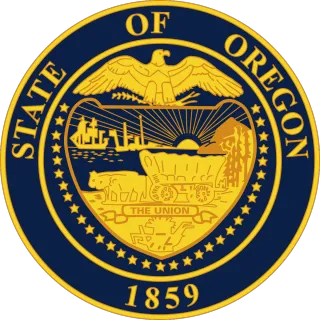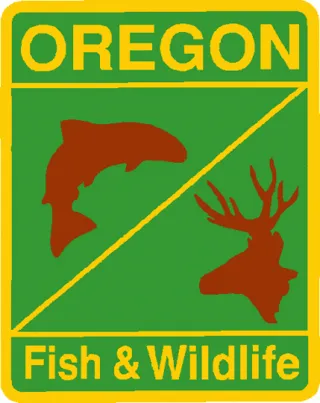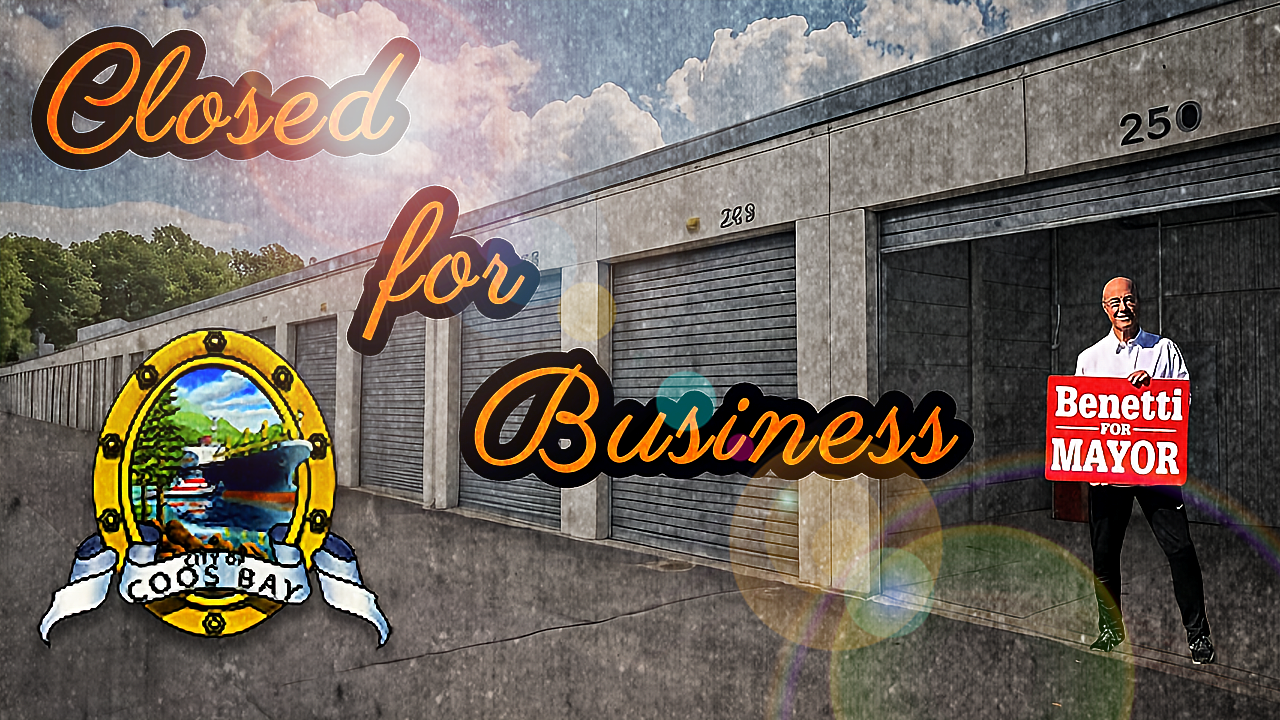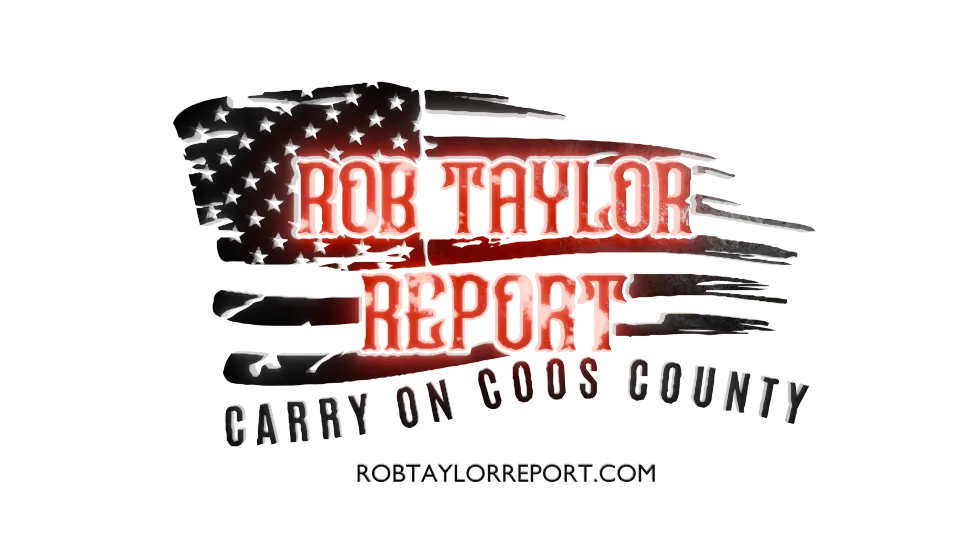Join the Rob Taylor Report every Monday at 3 pm on X
The Rob Taylor Report
My fight is the battle for the rights of the individual against the eternal threat of tyranny
Follow Me On
Podcast
Catch the latest episode of the podcasts here:
The Friday Night Rant
The Rob Taylor Report
The Rob Blog
Governor Kotek’s Financing Tool Helps Coastal Communities Build 132 Homes for Working Families
More social engineering, which will drive up the cost of housing. ...more
News ,Press Release
November 01, 2025•3 min read

The Clock Is Ticking On Gun Rights
More Attacks on the Second Amendment. ...more
News
October 26, 2025•6 min read

Trump Administration Notifies States that SNAP Benefits Not Coming in November
Governor Kotek wants to take more money to continue the Welfare State. ...more
News ,Press Release
October 20, 2025•4 min read

ODFW Fish Passage Task Force will meet in Coos Bay October 16
People need to submit a comment on this issue because it will affect future practices. ...more
News ,Press Release
October 10, 2025•2 min read

Coos Bay's Storage Ban Reveals Economic Tyranny
Another ordinance restricting private property owners. More government manipulation of the... ...more
News ,Articles
October 08, 2025•5 min read


Contact
© Copyright Rob Taylor Report 2025. All rights reserved.
